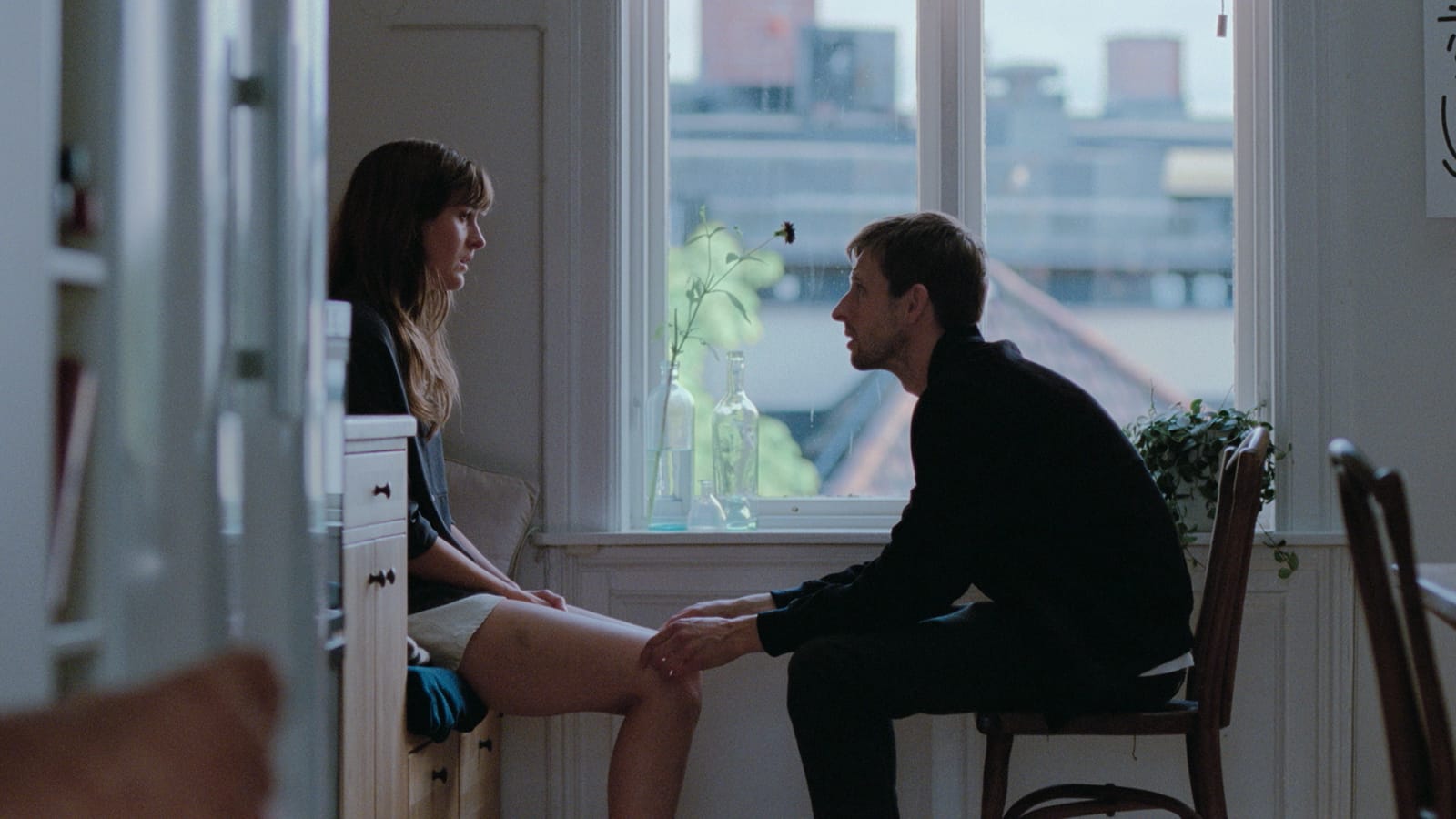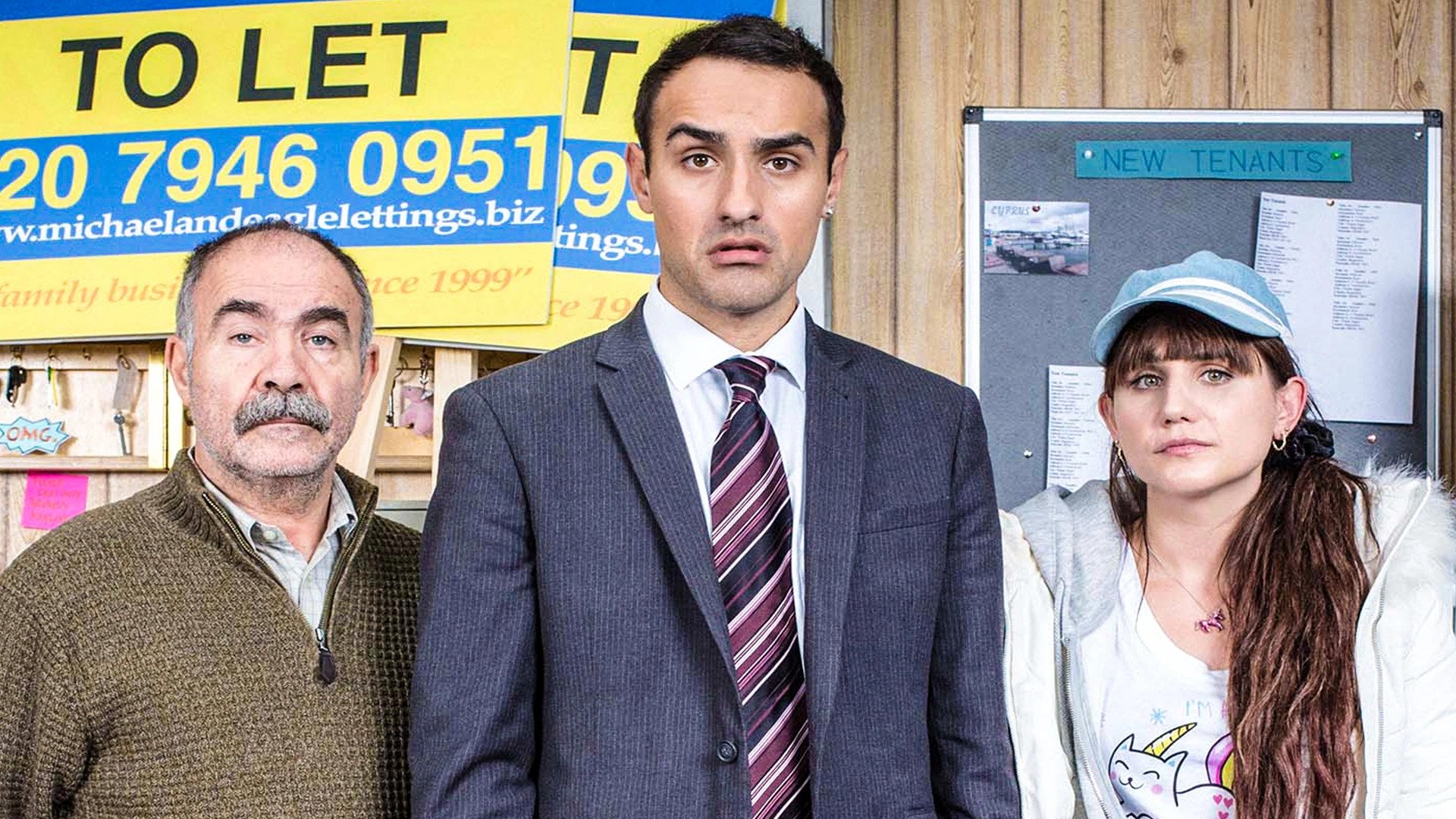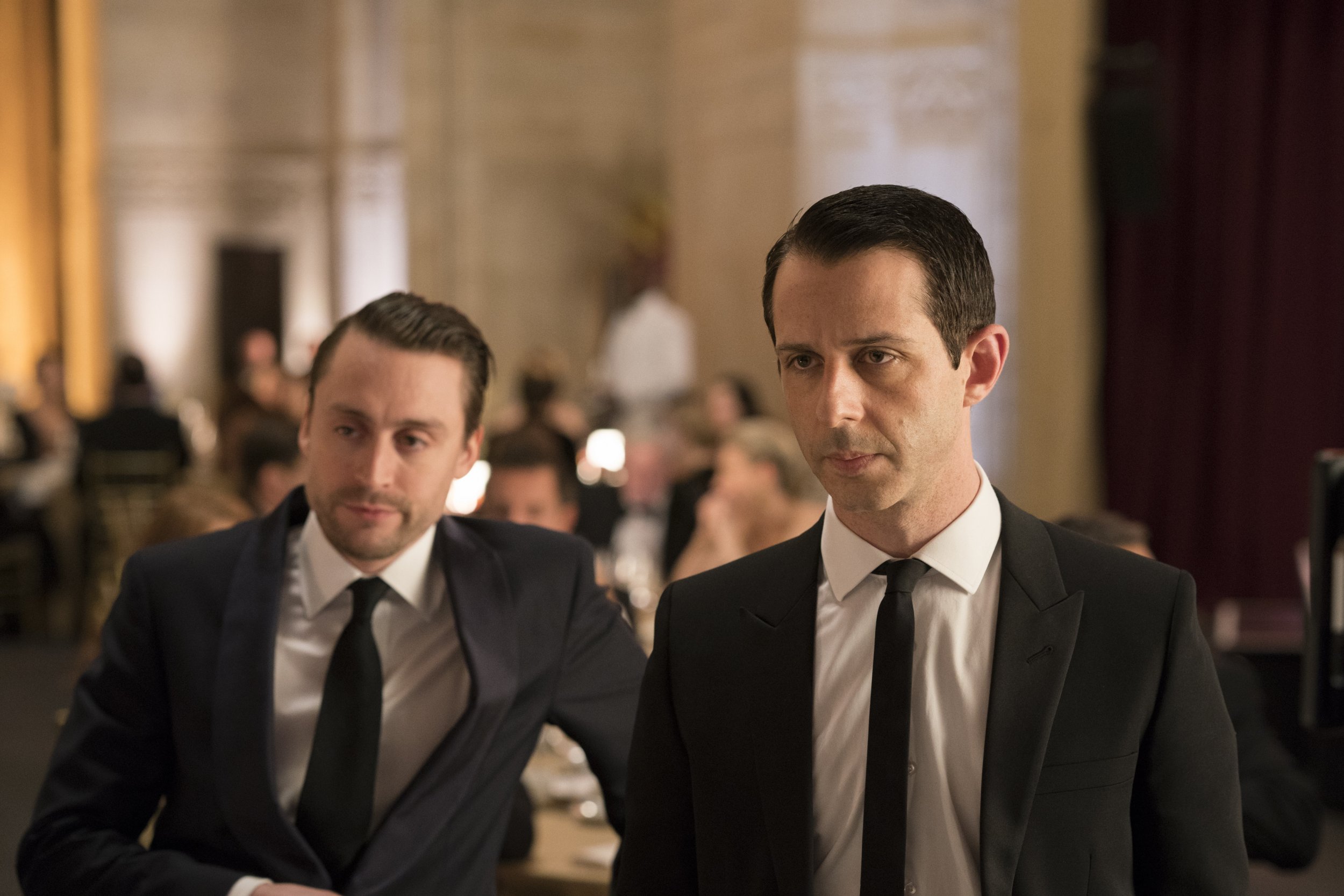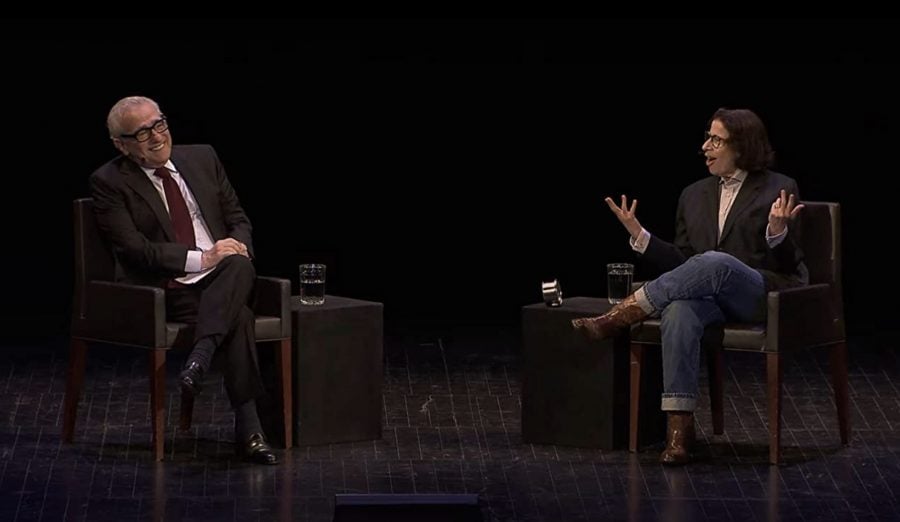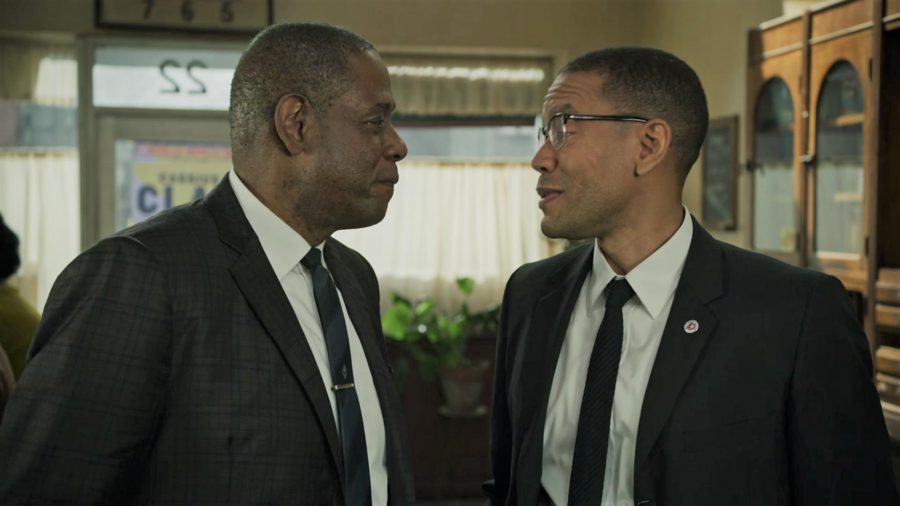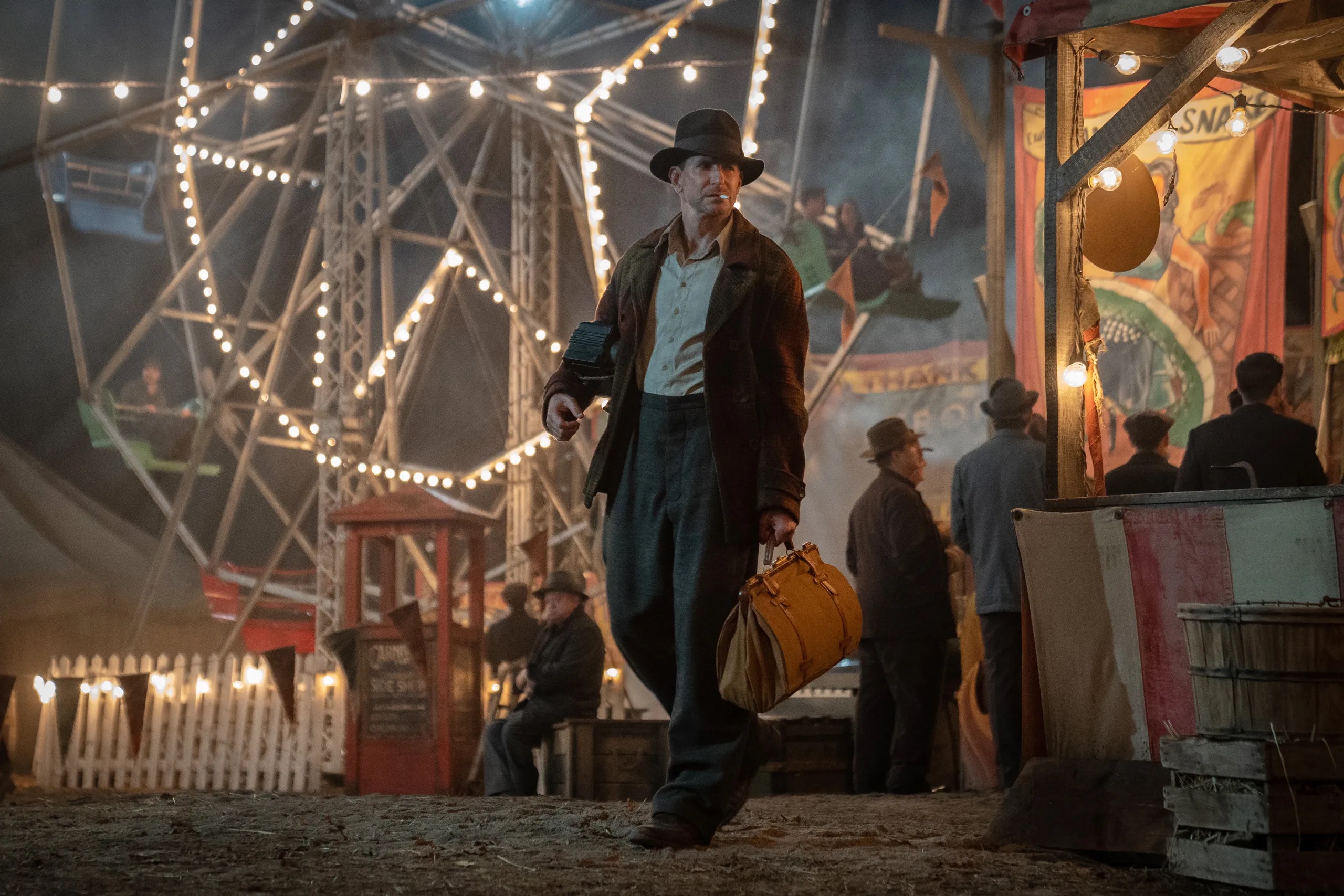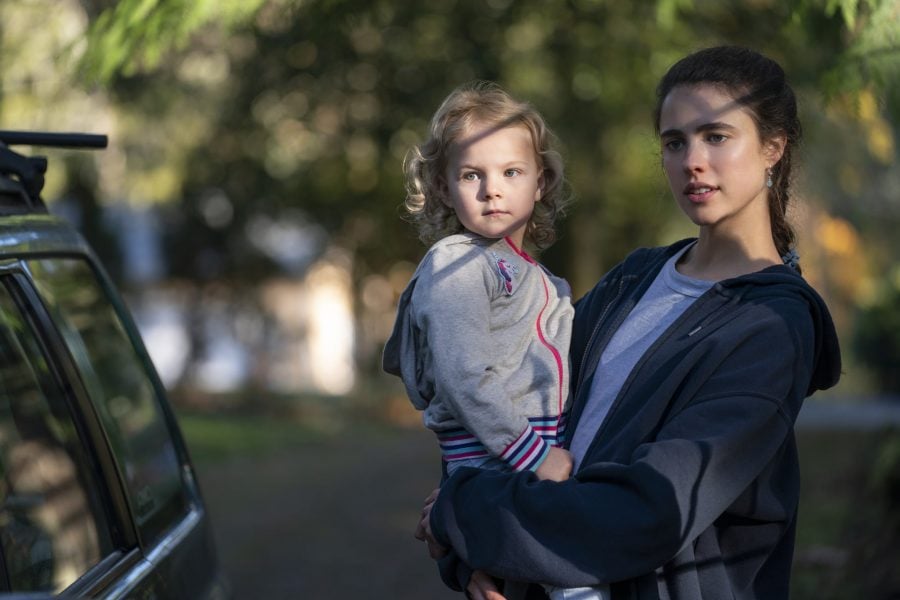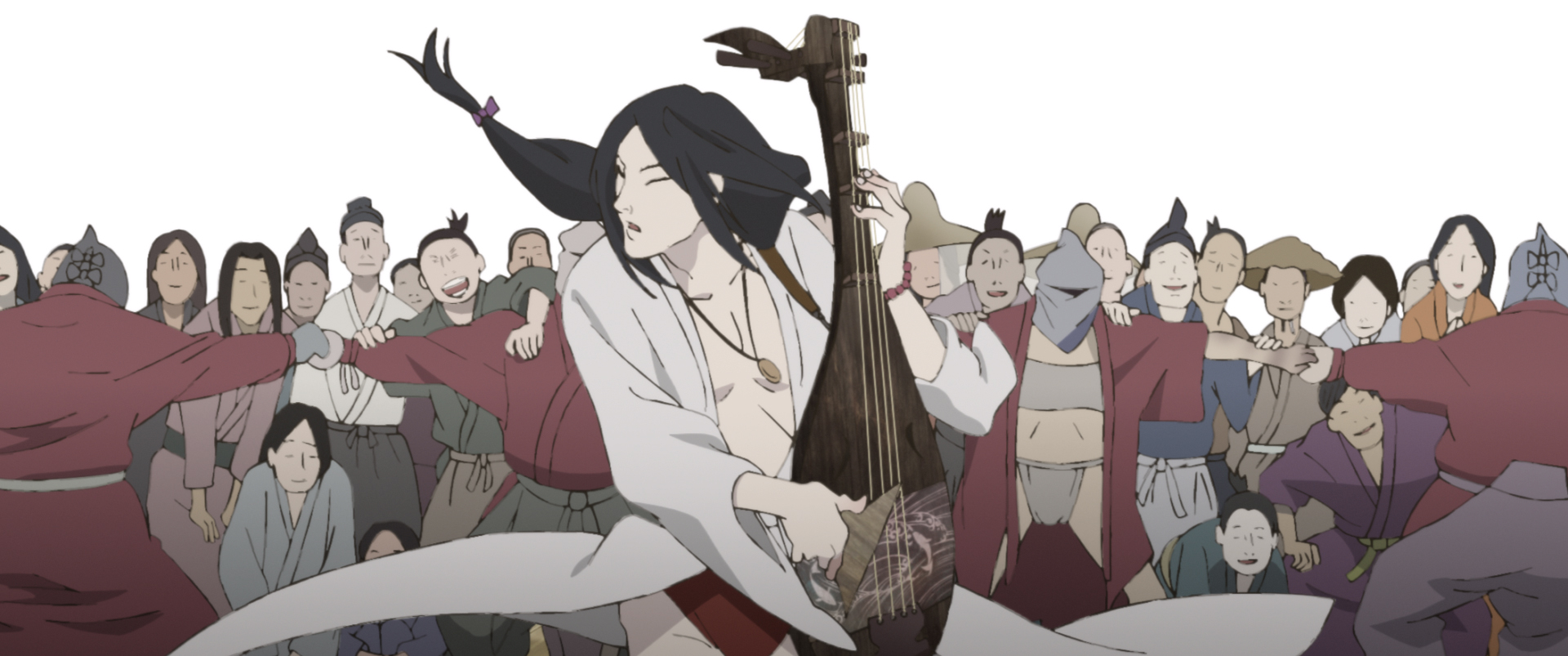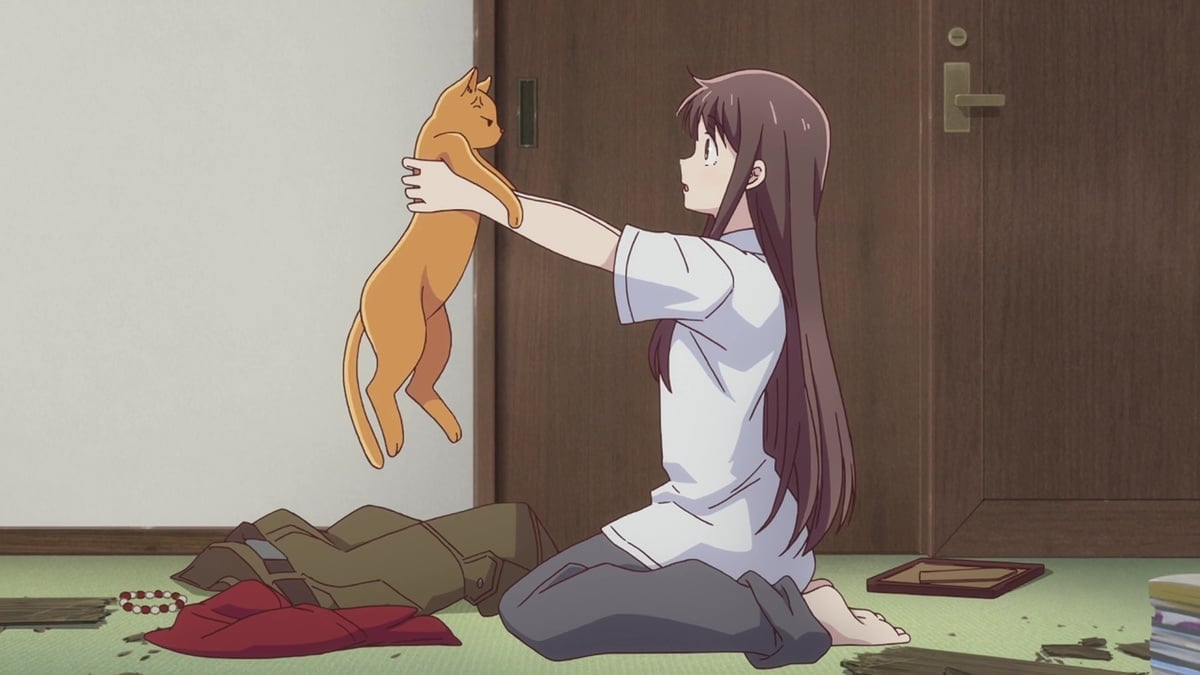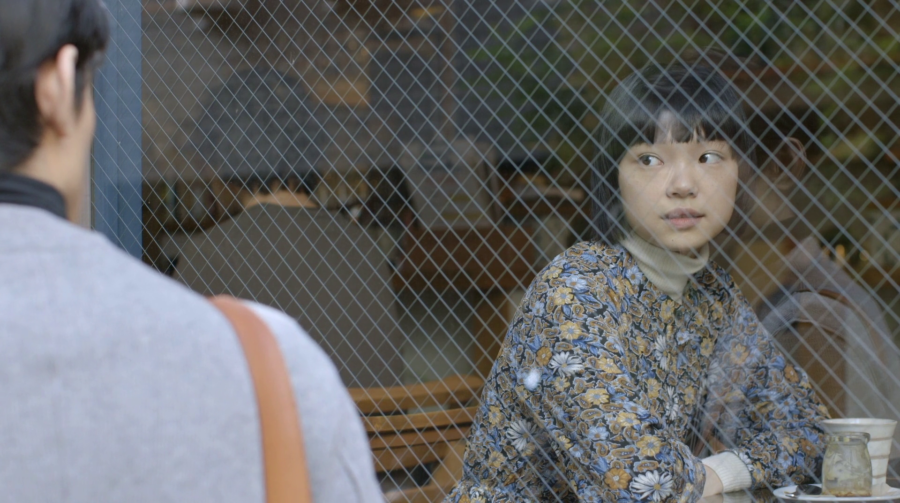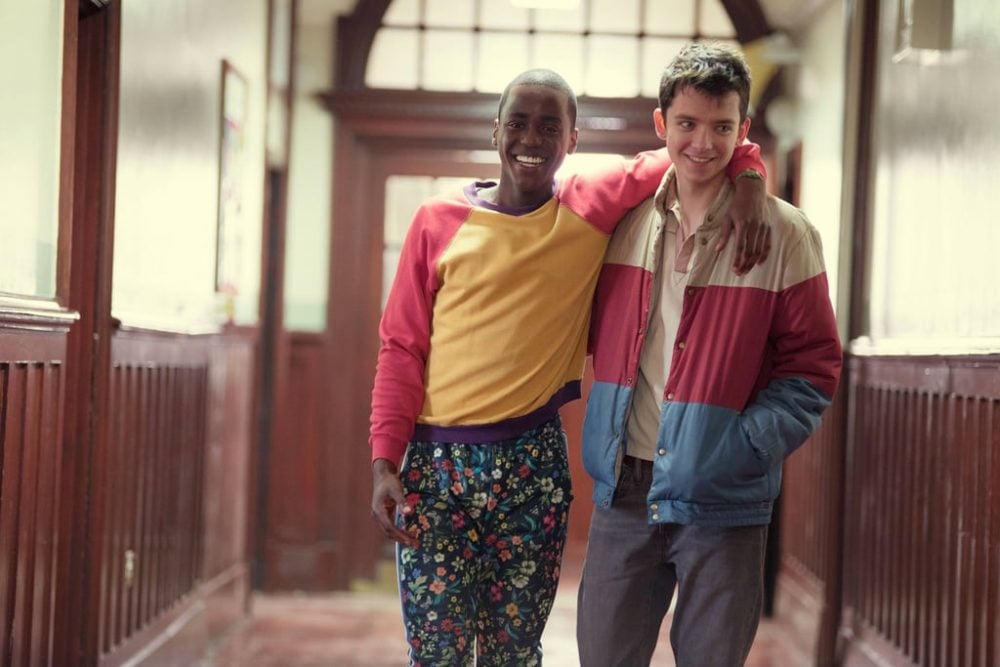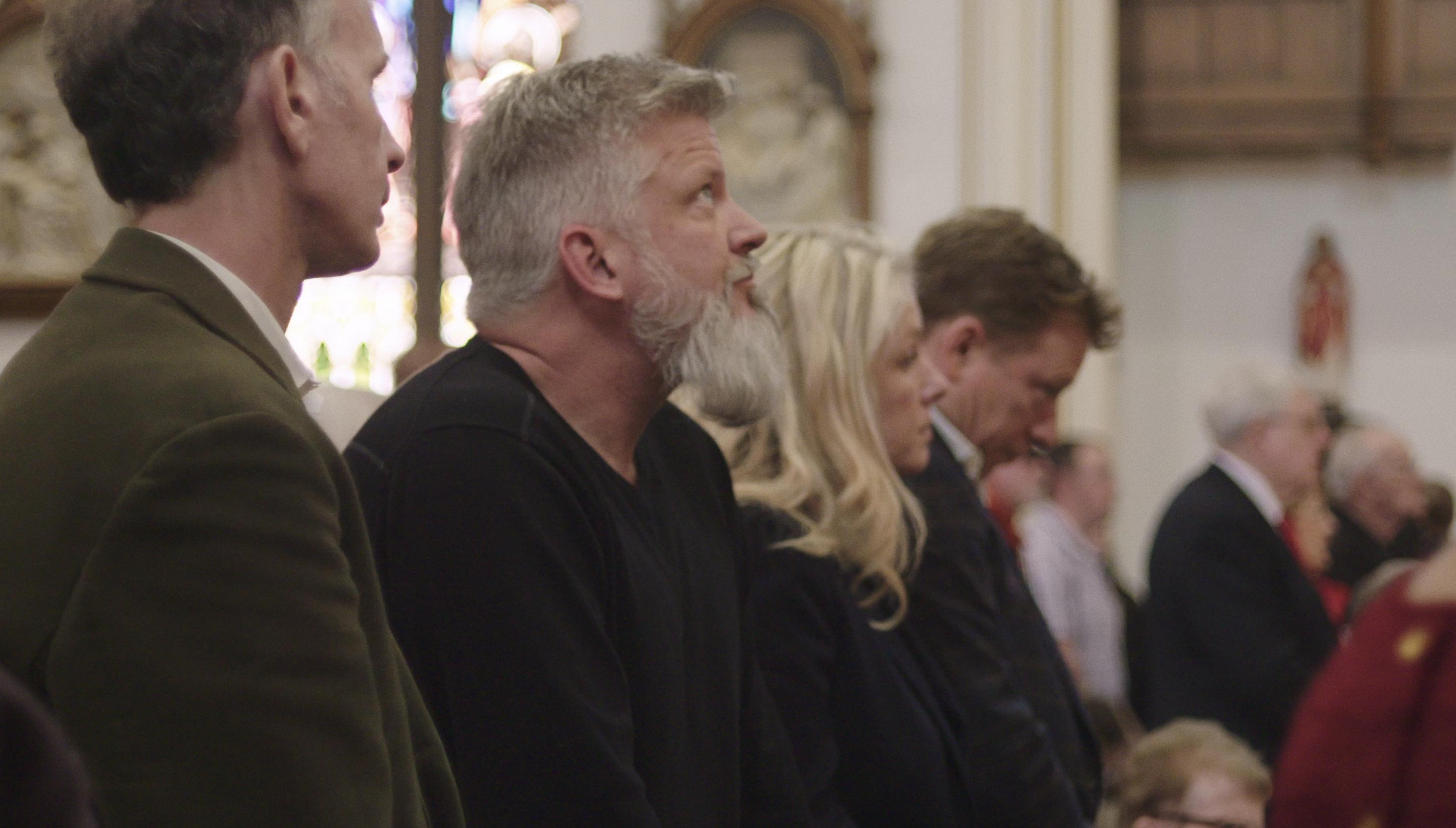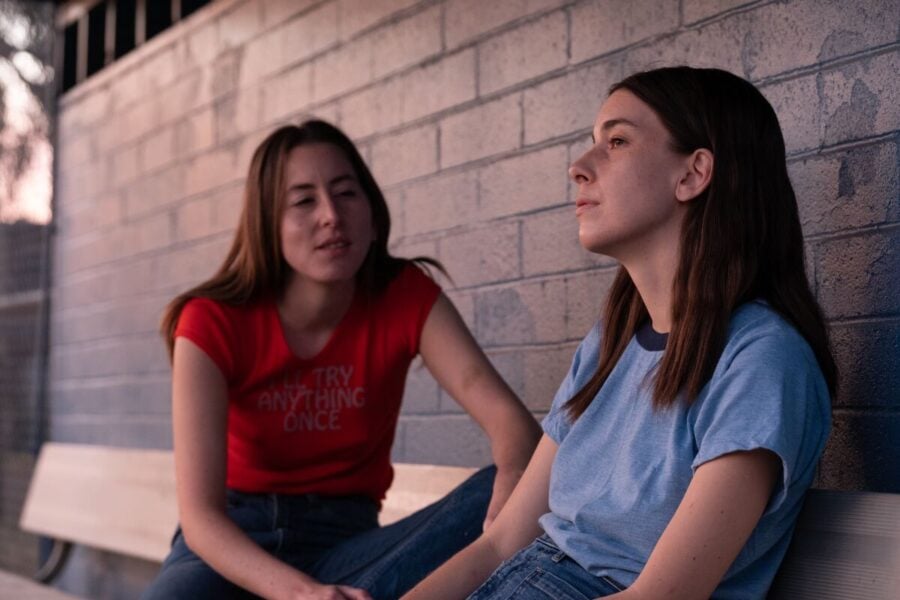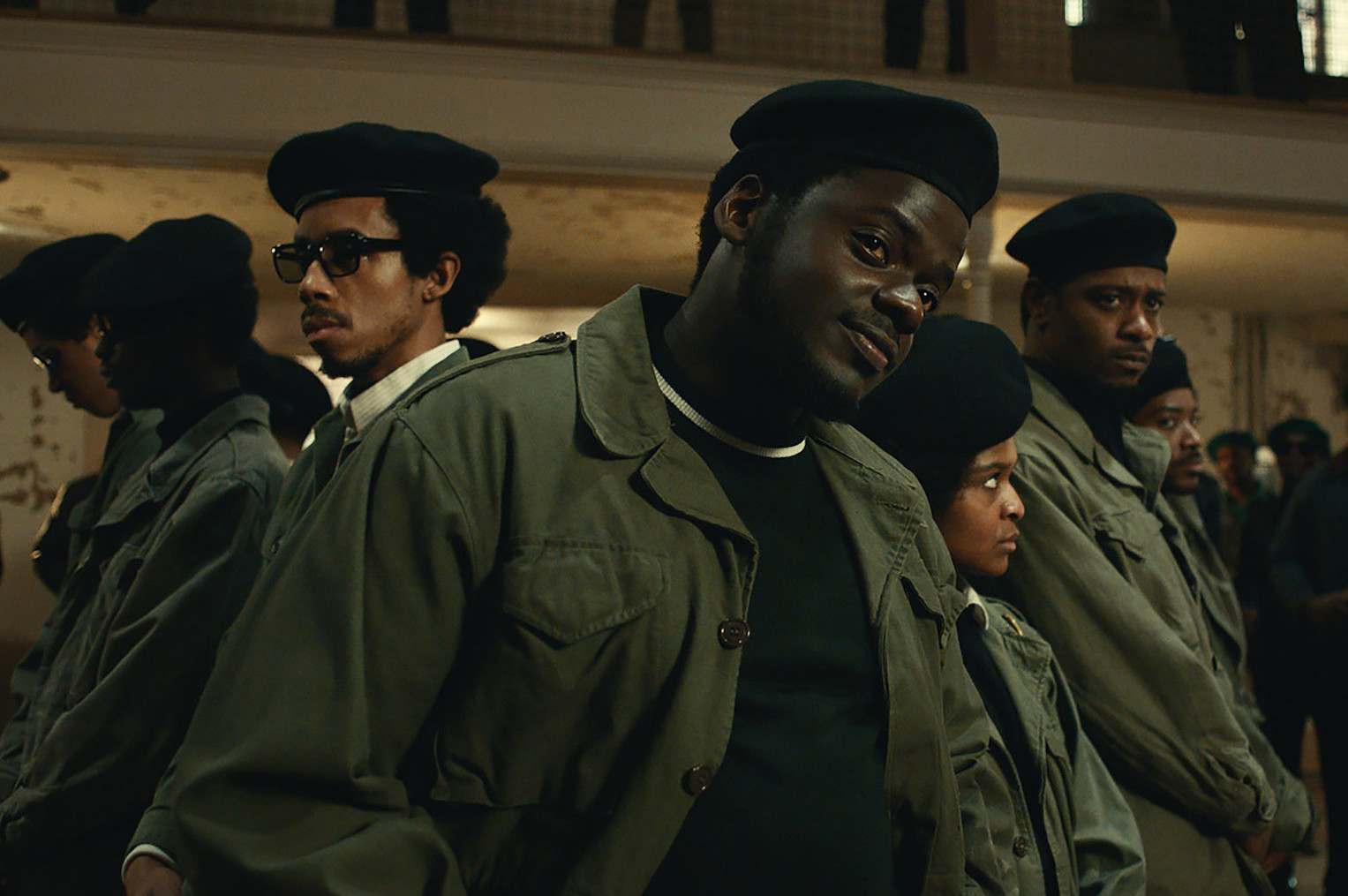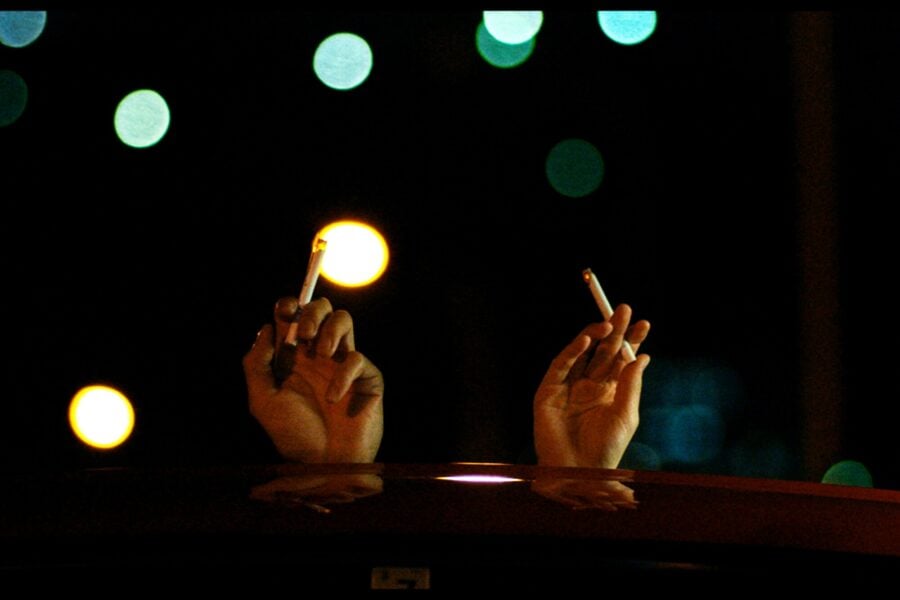The film opens with Julie in her early twenties, longing to pursue a career in medical school. But after briefly testing the waters, she switches over to psychology, only to drop completely out of school and transform her hobby of photography into a professional career. This indecisiveness carries over in most aspects of her life, including and especially in romance, where impulse and desire drive her to run after what she believes to be love. The movie follows Julie as she navigates adulthood in modern Oslo—at once a specific yet universally relatable story about the growing pains of growing up.
With The Worst Person in the World, Joachim Trier scores again with another life-changing Norwegian drama about longing, love, grief, and finding your place in the world. His films can be quite sad but amidst all the drama, moments of happiness and hope are scattered throughout, as it is in real life.
Genre: Comedy, Drama, Romance
Actor: Anders Danielsen Lie, Anna Dworak, Gisle Tveito, Hans Olav Brenner, Herbert Nordrum, Ine Jansen, Maria Grazia Di Meo, Marianne Krogh, Renate Reinsve, Ruby Dagnall, Sofia Schandy Bloch, Thea Stabell, Vidar Sandem
Director: Joachim Trier

